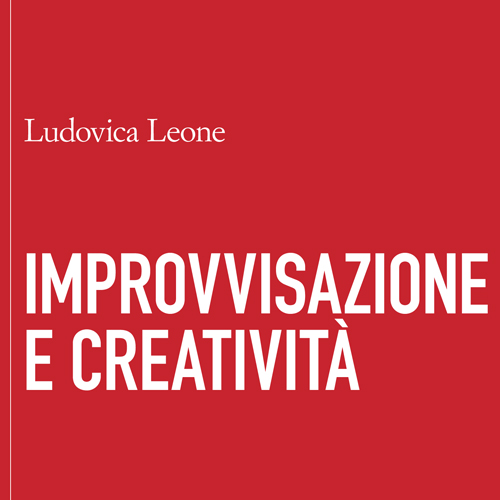
A dialogue with Ludovica Leone
9 June 2016Ludovica Leone, director of the Global MBA in Food and Wine, has made the “organizational improvisation” the focus of her latest book “Improvvisazione e Creatività” [in english, Improvisation and Creativity].
What does improvisation mean in management?
Improvisation means to think and execute at the same time. It happens when there is a fusion between the conceptualization and the execution phases of a new project’s development. It is one of the fundamental skills a modern manager and entrepreneur must have.
When does this new contextualization occurs?
The concept of improvisation in management is not new. The first studies can be traced back to the end of the 90’s. Using jazz music and theater as an example, such studies analyzed the relationship of improvising with the business world. Intuition, in reality, is at the core of that which provides the best results in the artistic and performance environments. Managed correctly, replicating these tools in different contexts can generate optimal results.
It is complex, because improvising requires strong skills on every context, not just in business. The freer versions of improvisations are based on an outline, a set of competences and knowledge accumulated through time: that which has been read, heard, played, and, applied to business situations: the decisions made in the past, behaviors adopted in certain circumstances and the results obtained.
The word “Improvisation” has a bad reputation.
It is very typical to consider someone that does not know what he or she is doing as an improviser. As a matter of fact, to be a true improviser you need to be more capable than a “planner”, because you have to be able to do and undo that what was planned by picking up, in real time, all the stimuli from the outside and transform them into opportunities. This is what Massimo Bottura calls in the preface of the book a “happy obstacle”. If you find an obstacle, you have the chance to see something that otherwise you could have not seen. Basically, the objective of this book, and of those who use this term in business studies, is to give value to the term itself; understand which are the positive sides, analyze it within the right context, understand which are the best options to manage improvisation in companies and its potential as a way to handle the unexpected.
Knowing how to improvise, will it be a must-have skill in the job market?
I think it is crucial for anyone that, for example, does recruiting, to take into account a person’s emotional intelligence, his or her capacity to relate to the outside, and the talent to pick up cues and improvised opportunities. One has to have the capacity of that defined as “lateral thinking”, instead of just focusing on traditional skills.
In management education it is important not only to assign specific books to read, but also to provide the elements necessary to manage one’s own knowledge in sudden and unexpected situations. In a world in which companies are subject to increasing frenetic changes, and where it is impossible to foresee everything, to improvise means to be resilient, flexible, and to have the ability to adapt.
Regarding the Global MBA in Food and Wine, is there any new developments for the next editions?
This year we introduced a new course, Innovation and Narration, to present new business models in the food and wine industry and the new communication modalities that are out there. Mainly, we are looking to push forward what is happening in today’s digital world for the food and wine companies, for example, showcasing the new Food Technologies and the role of Big Data.
Is it a reference to the currently multiplying Apps?
In the flourishing era of Apps, we need to see which are the ones that will resist the test of time, but this applies to everything that has to do with innovation and technology within the food industry. Our main interest at the Global MBA in Food and Wine is business sustainability, product development and knowledge about production. This is because generation after generation, our students are showing a greater enthusiasm for entrepreneurship within the industry. In the first years, it was one out of an entire class, now more than half is looking to carry out their own entrepreneurship project.
For more information about the Global MBA in Food and Wine, click here.
